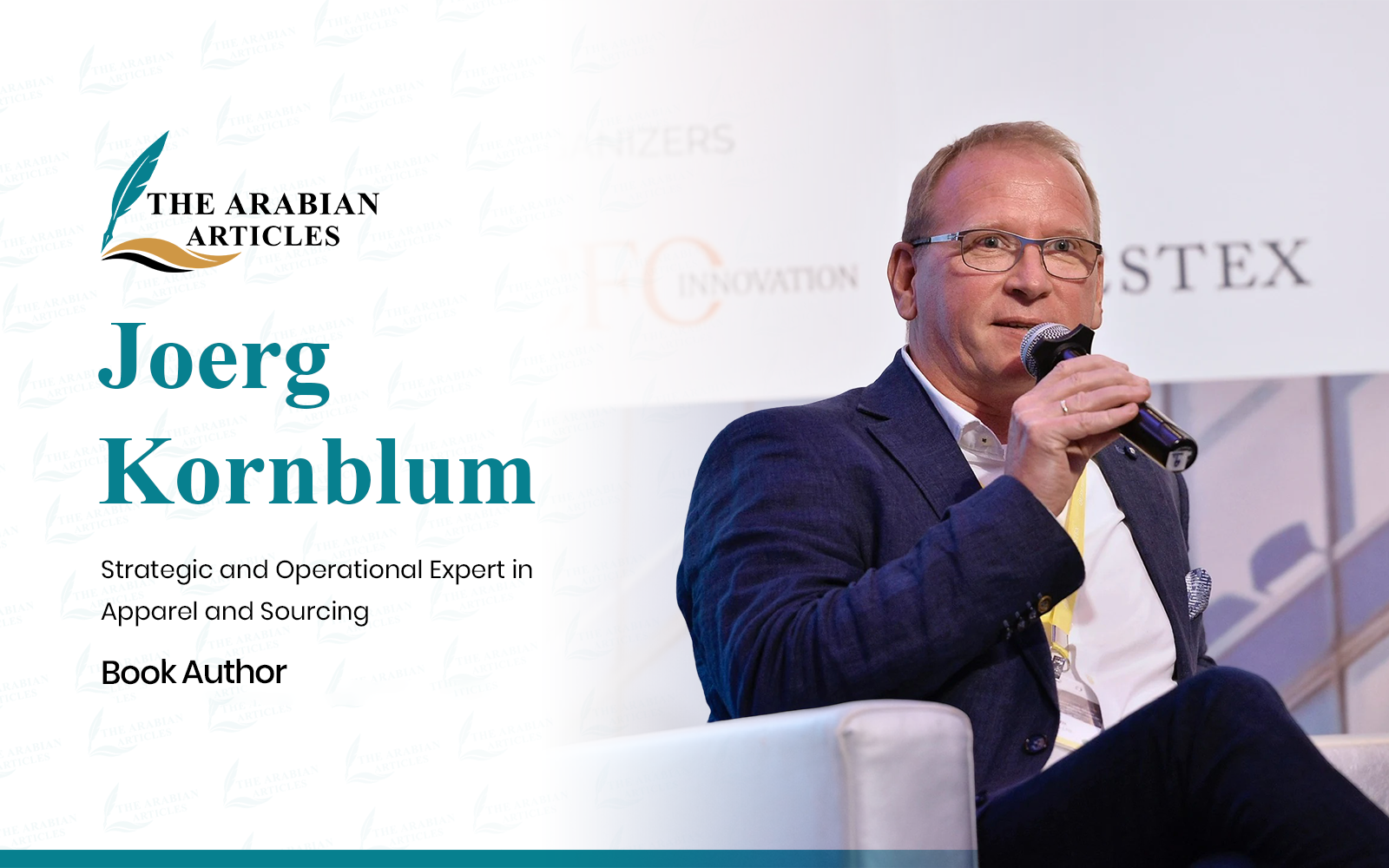The Power of Failure: Lessons from GCC Entrepreneurs Who Bounced Back
Failure is a word most people fear, especially in business. But in reality, failure is often a necessary step toward long-term success. Across the Gulf Cooperation Council (GCC), many entrepreneurs have experienced setbacks that might have ended their journey. Instead, these failures became the turning point for major comebacks. In this blog, we explore the real stories and valuable lessons from GCC entrepreneurs who bounced back after failure and built stronger, smarter businesses.
Why Talking About Failure in the GCC Entrepreneurs is Important

In many cultures, especially in the Middle East, failure is considered something to be ashamed of. However, the GCC startup ecosystem is evolving rapidly. Today, countries like the UAE, Saudi Arabia, and Qatar are encouraging innovation, startup growth, and entrepreneurship. This shift also includes changing how we see failure—not as an end, but as a powerful teacher.
In recent years, more GCC entrepreneurs have started to share their stories of failure openly. These stories are not just inspiring; they offer real, practical lessons for others in the business world. Learning from failure is essential in creating a healthy and competitive startup ecosystem.
From Setback to Comeback: Real Stories of GCC Entrepreneurs
Let’s take a closer look at a few powerful comeback stories that prove failure is not final.
Khaled Al Suwaidi – Turning Bankruptcy into a Booming Cloud Kitchen Business
Khaled was the owner of two successful restaurants in Saudi Arabia. Business was good until the COVID-19 pandemic hit. Lockdowns, rising food costs, and labor shortages forced him to shut down both locations. It felt like a complete failure.
But instead of giving up, Khaled pivoted to a new model. He launched a cloud kitchen that focused only on delivery and online orders. He partnered with popular delivery apps and created multiple virtual brands under one kitchen. Today, his cloud kitchen business has four different food brands and serves thousands of customers each month.
His story teaches us that being able to adapt quickly can turn even the worst business failure into a major success.
Noura Bahjat – Learning from a Failed Skincare Launch
In Kuwait, Noura launched her organic skincare brand with high hopes. She invested heavily in inventory, branding, and packaging, but skipped one critical step—market research. As a result, her products didn’t meet customer needs. The business flopped within six months.
Instead of quitting, Noura went back to the basics. She interviewed hundreds of potential customers, worked with dermatologists, and rebuilt her product line. Her new brand focused on eco-friendly, dermatologist-tested skincare solutions tailored for the Gulf climate. Now, her products are sold in beauty stores across Kuwait, the UAE, and Bahrain.
Her failure taught her the importance of knowing your customer before launching a product. She says, “Without my first failure, I wouldn’t have had the experience to build a brand that truly helps people.”
Fatima Al Farsi – Using Tech Failure as a Learning Experience
Fatima, an entrepreneur from the UAE, built a mobile app aimed at helping parents find child-friendly restaurants. The idea was good, but the execution failed. The user interface was confusing, the app didn’t solve the actual problems users had, and downloads were low.
Instead of seeing it as a complete loss, Fatima took online courses in UX design and customer research. Her next startup was a fintech product aimed at simplifying personal finance for young adults. This time, she launched a beta version, gathered feedback, and iterated until the product truly worked. Two years later, her fintech company was acquired by a regional bank.
Fatima’s journey shows how failure can be your best teacher if you are willing to learn and improve.
Common Lessons from GCC Entrepreneurs Who Failed and Came Back Stronger
While each story is unique, the lessons from these entrepreneurs are surprisingly similar. Here are some of the key takeaways:
- Fail Fast, Learn Faster: Don’t spend years perfecting something that isn’t working. Identify problems early, and make changes quickly.
- Customer Feedback is Critical: Most failed startups ignore their customers. The best ones listen, learn, and adapt.
- Pivoting is a Strategy, Not a Sign of Weakness: Changing your business model after failure isn’t quitting. It’s being smart.
- Resilience is the Key Trait of Every Successful Entrepreneur: All the entrepreneurs we interviewed showed determination, mental strength, and optimism even when things went wrong.
- Use Data to Guide Decisions: Instead of relying only on instinct, use analytics and real user data to make business choices.
Why the GCC Needs to Embrace Failure Culture
In Silicon Valley, failure is seen almost like a badge of honor. In the GCC, that mindset is still developing. But with more accelerators, incubators, and government support, this is starting to change. Today, the startup culture in cities like Dubai, Riyadh, and Doha is becoming more open to failure as part of the entrepreneurial journey.
Events like Step Conference in Dubai and RiseUp Summit in Riyadh now feature special panels where founders talk openly about their mistakes. These honest conversations help others learn and create a culture where smart failure is accepted as part of innovation.
By embracing failure, the GCC can encourage more risk-taking, more creativity, and more breakthrough ideas.
How to Bounce Back After Business Failure in the GCC
If you are an entrepreneur in the Gulf who has experienced failure, you’re not alone. Here are some practical steps you can take to bounce back:
- Reflect Without Emotion: Take time to analyze what went wrong, but avoid blaming others or dwelling on guilt.
- Get Feedback from Mentors: Talk to advisors, mentors, or even customers to get outside perspectives.
- Start Small Again: Don’t rush into your next big idea. Start with a test version, measure results, and scale slowly.
- Network with Other Founders: Join local entrepreneur communities to share your experience and learn from others.
- Use Government Support: Many GCC governments offer funding, training, and mentorship for startups. Use these resources to rebuild.
Final Thoughts: Failure is the First Step to Real Growth
The stories of GCC entrepreneurs who turned failure into success prove that setbacks are not the end of the road—they’re just the beginning of a new path. Business failure can teach lessons that success never will. It builds resilience, sharpens strategy, and strengthens leadership.
If you’re building something in the GCC and it’s not going as planned, remember that many of today’s successful founders were once in your shoes. The difference is they didn’t stop—they learned, adjusted, and came back stronger.
Your failure might just be the beginning of your best story yet.
ALSO READ-
Green Visionaries: Thought Leaders Driving Sustainability in the Middle East
What Women Leaders in Tech Wish They Knew Before Starting Out







